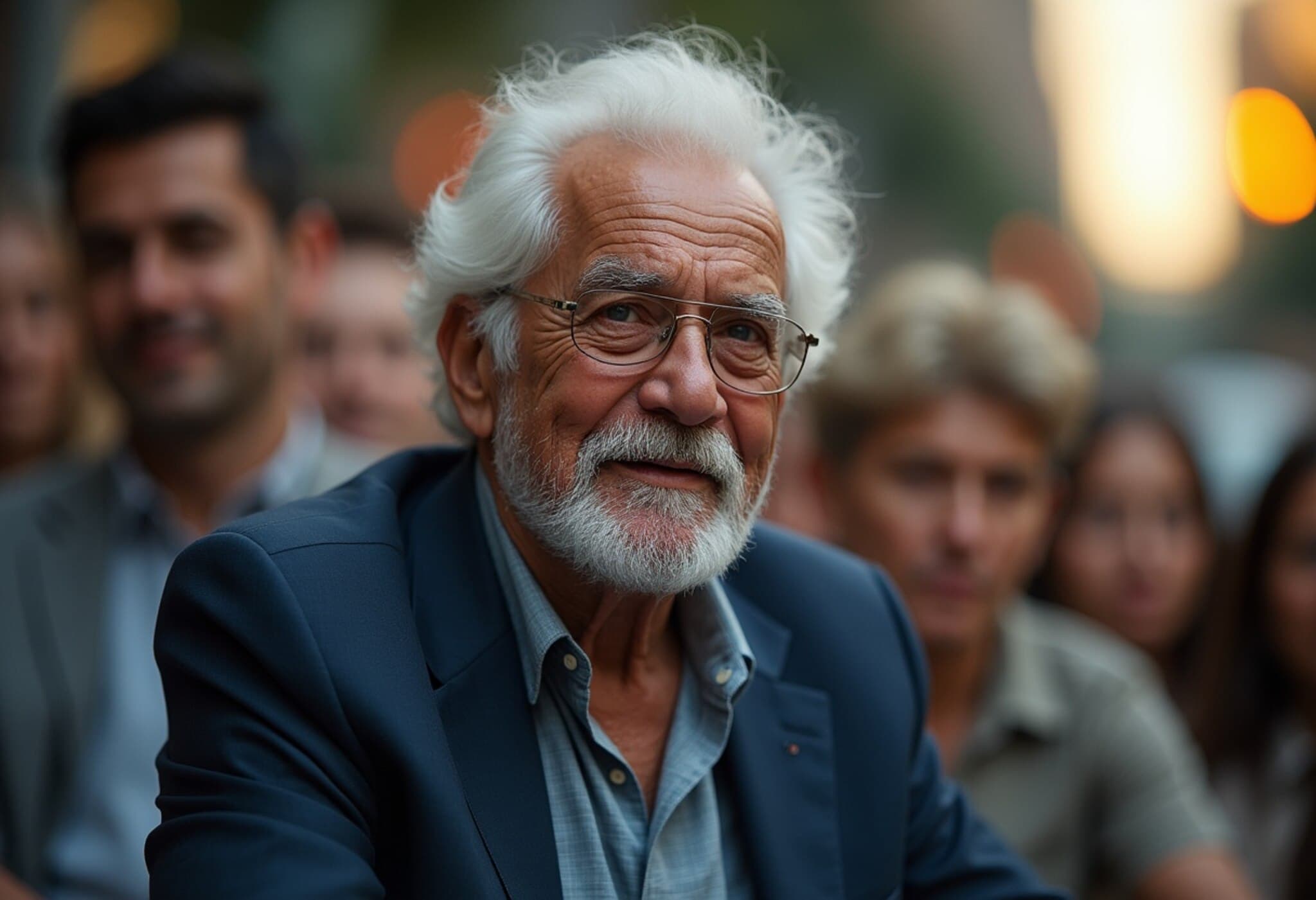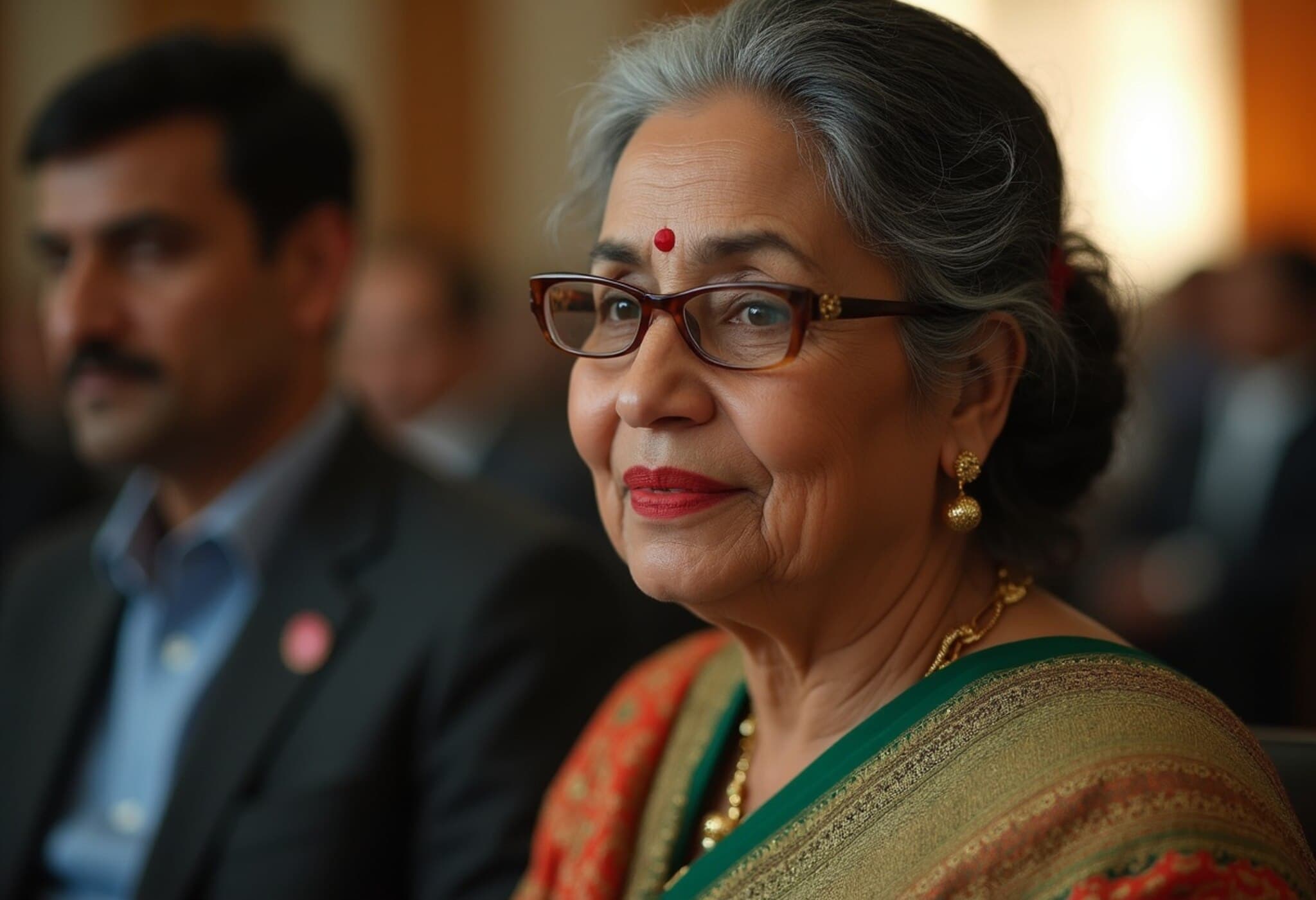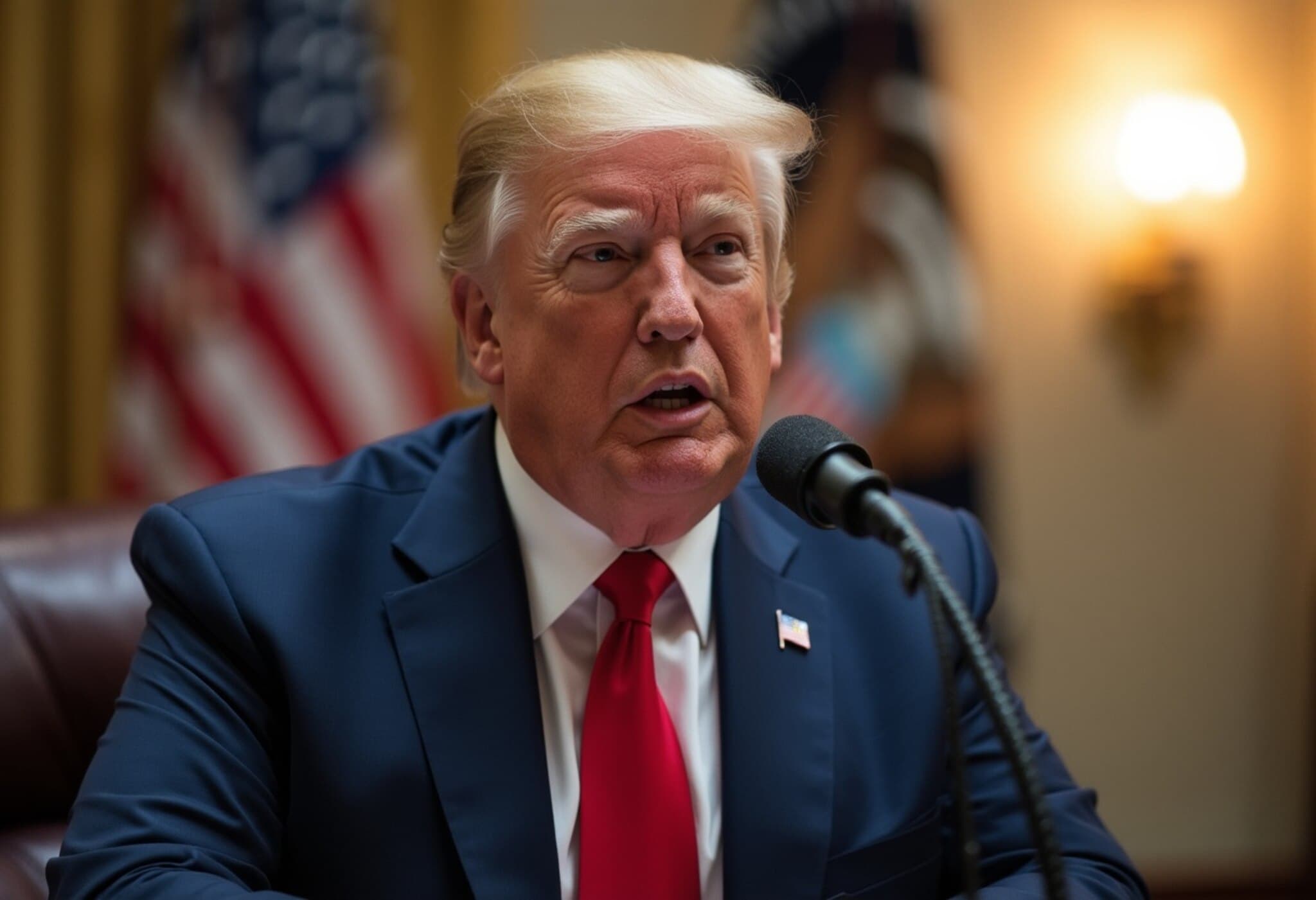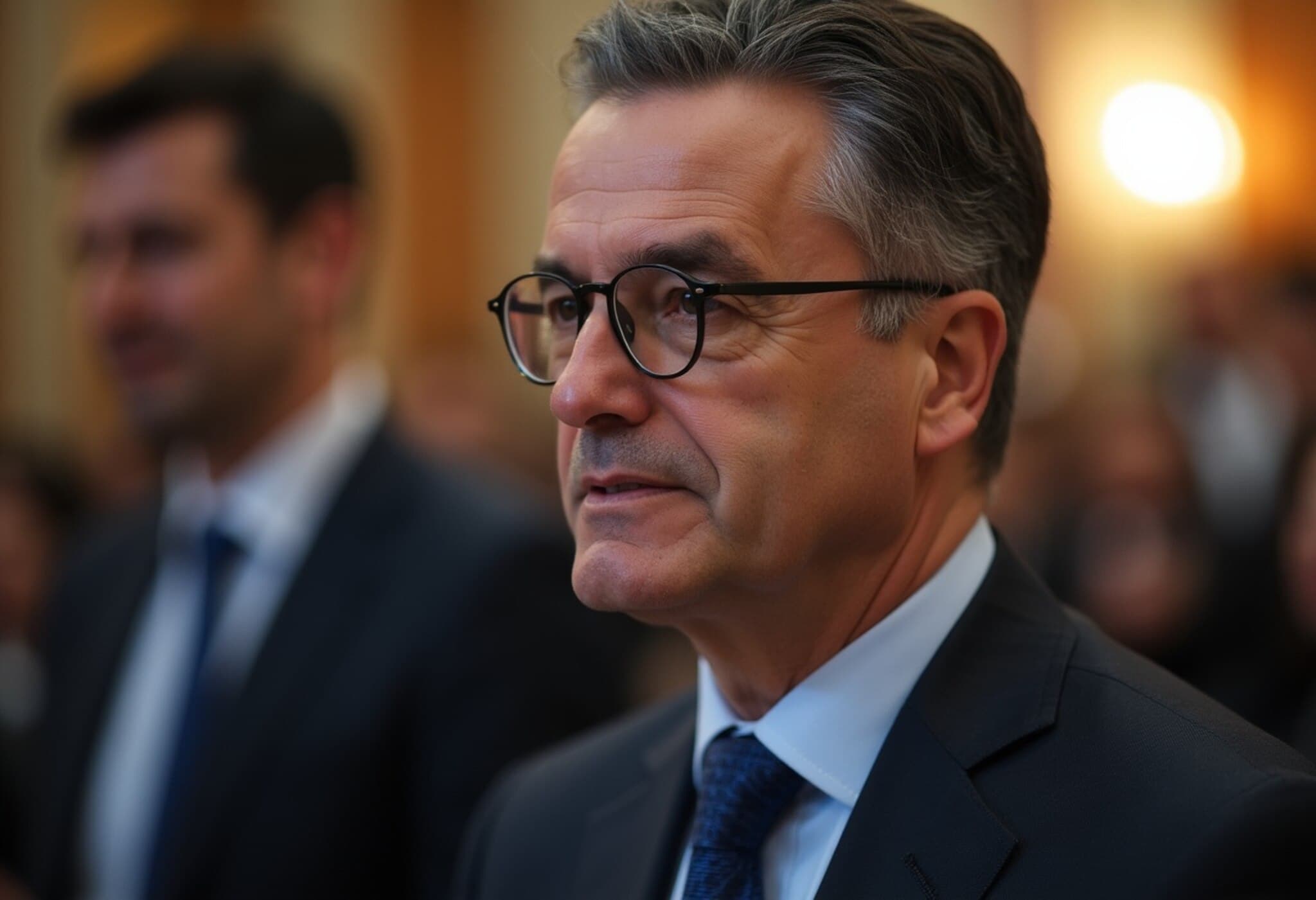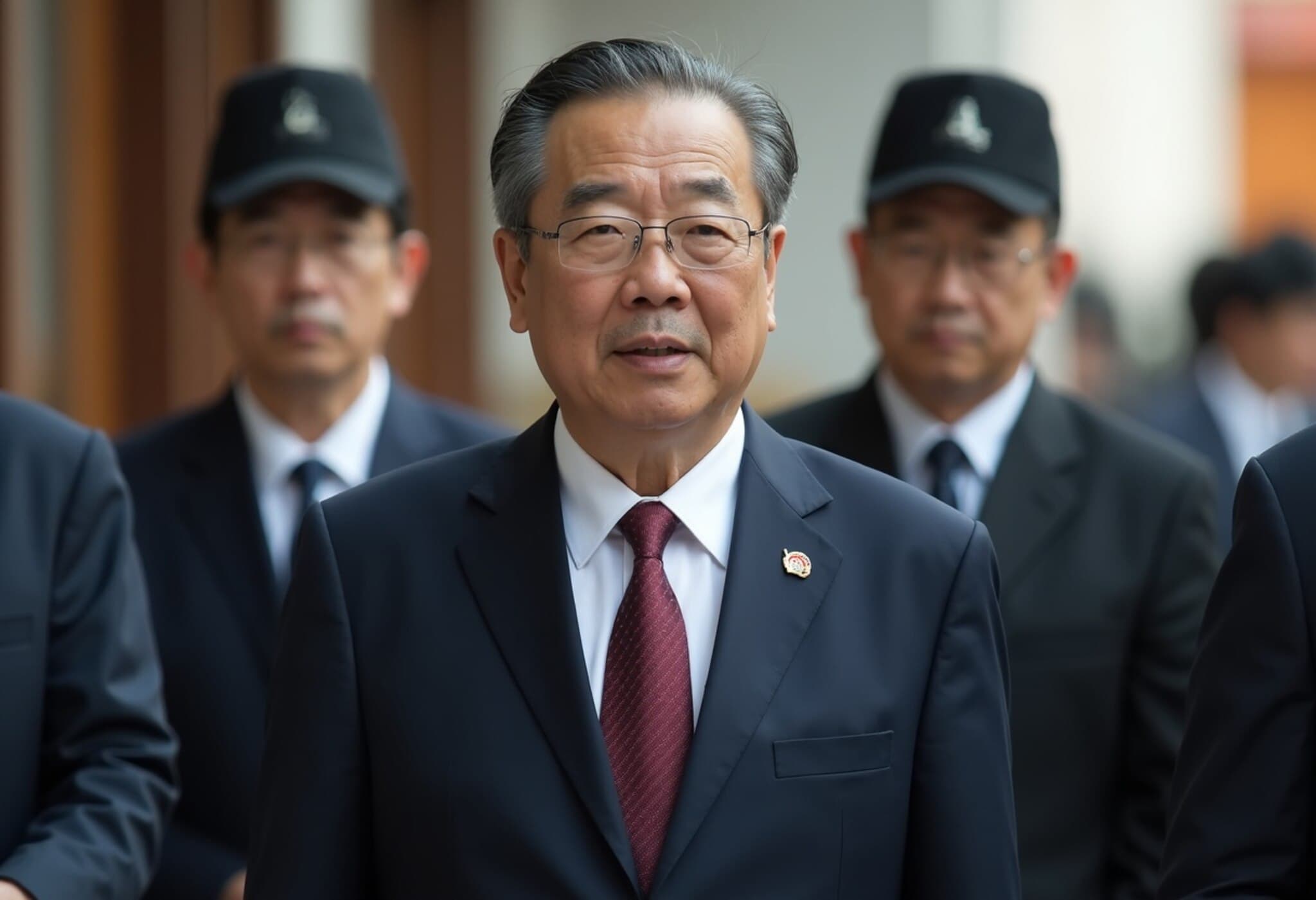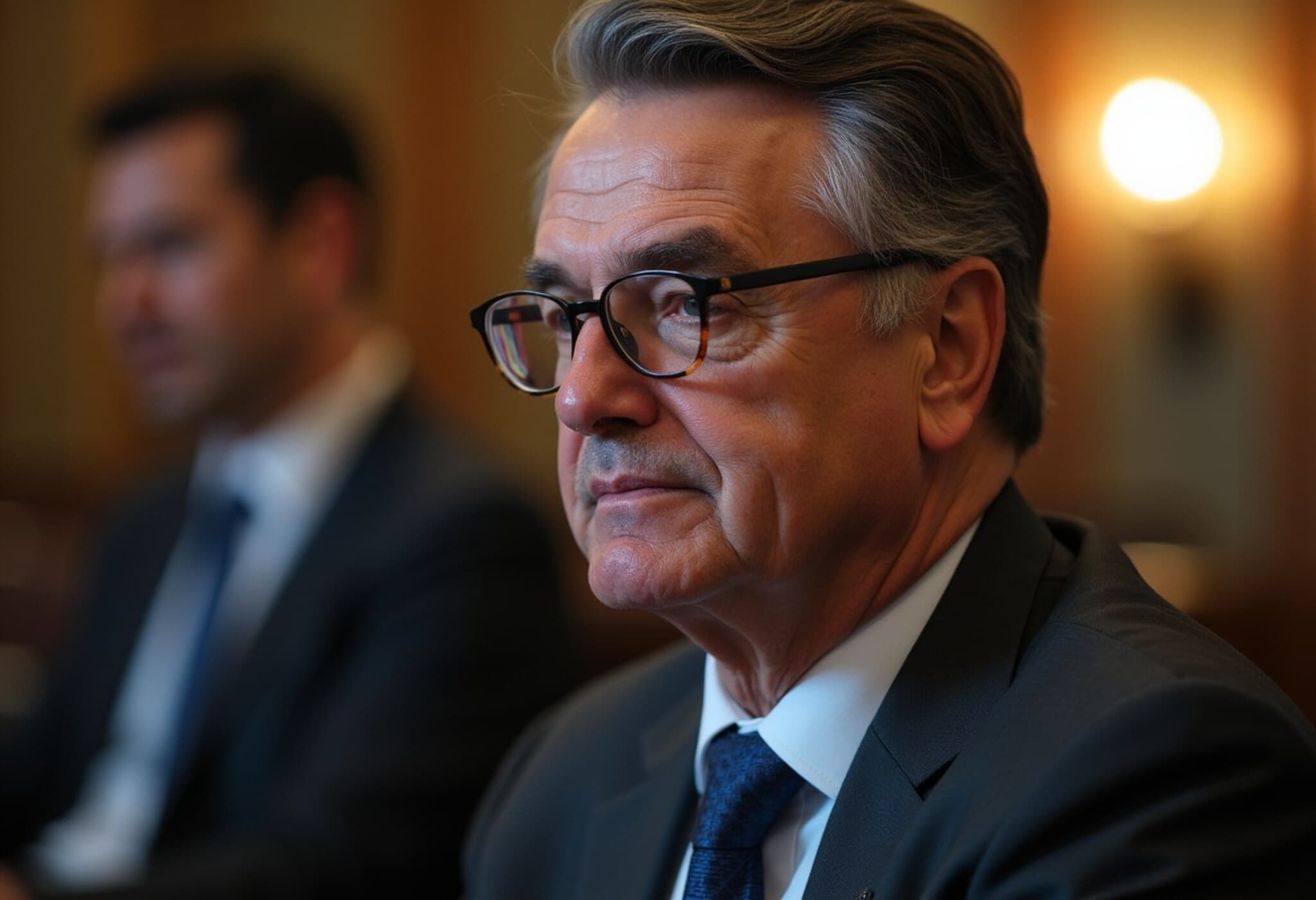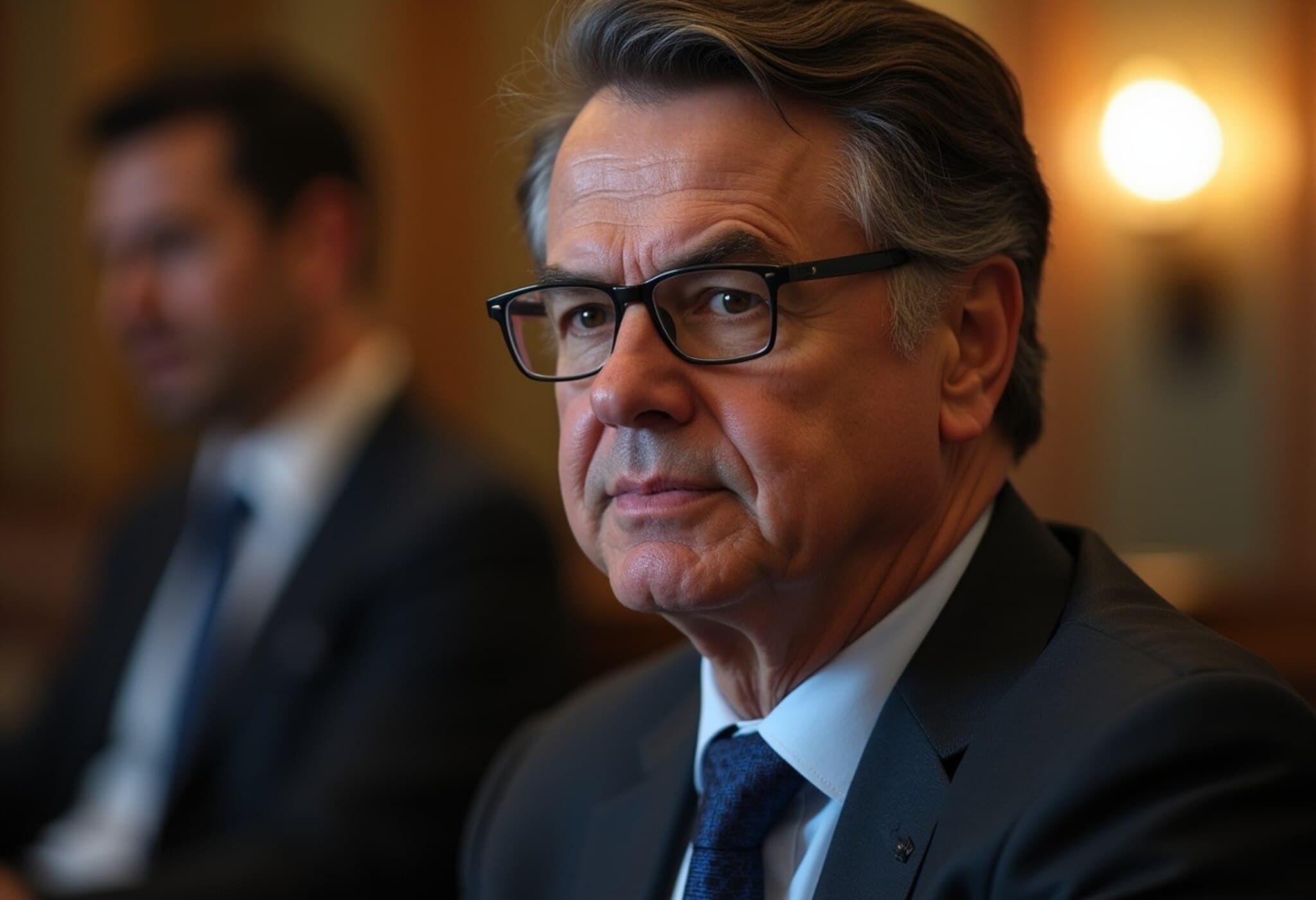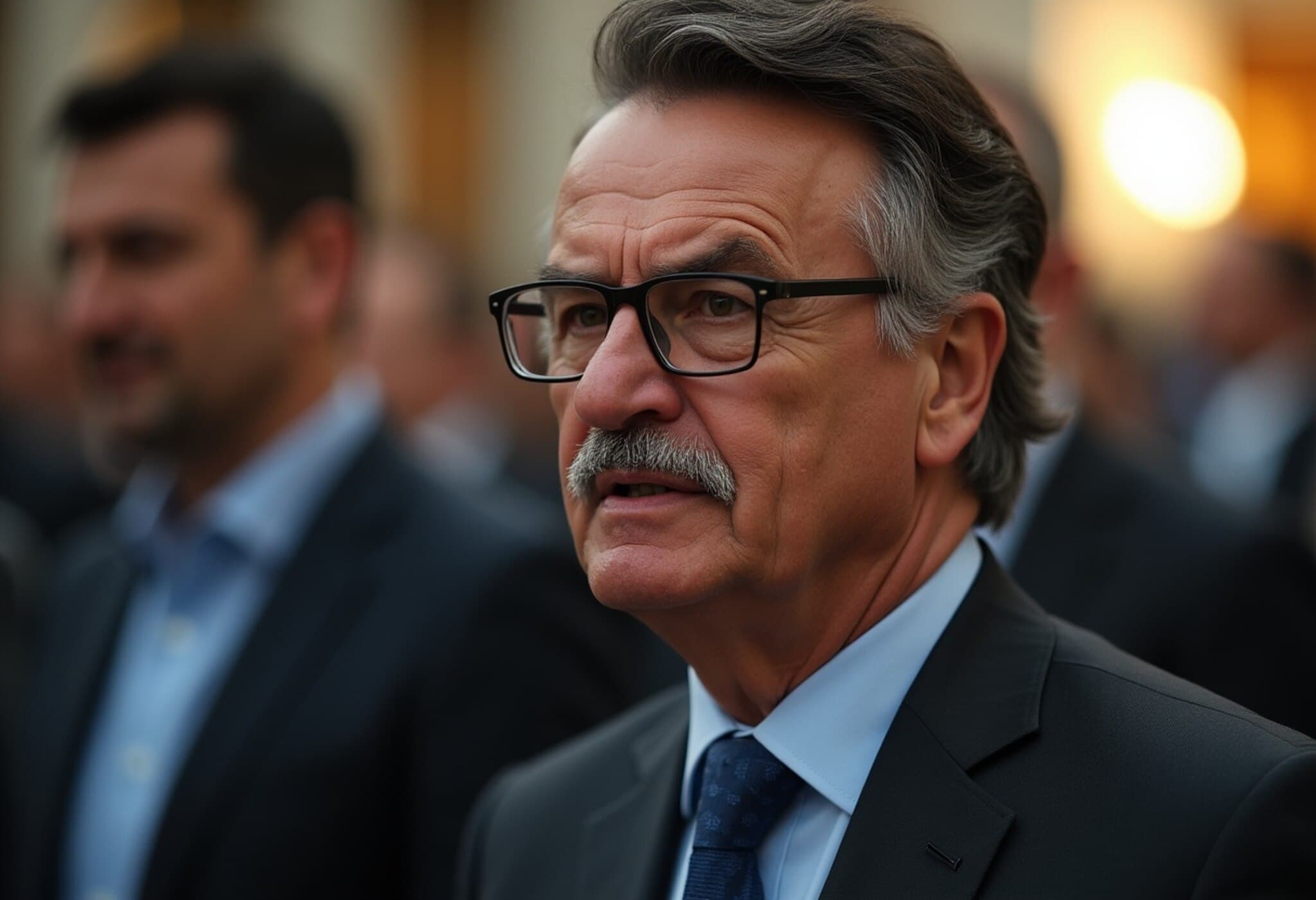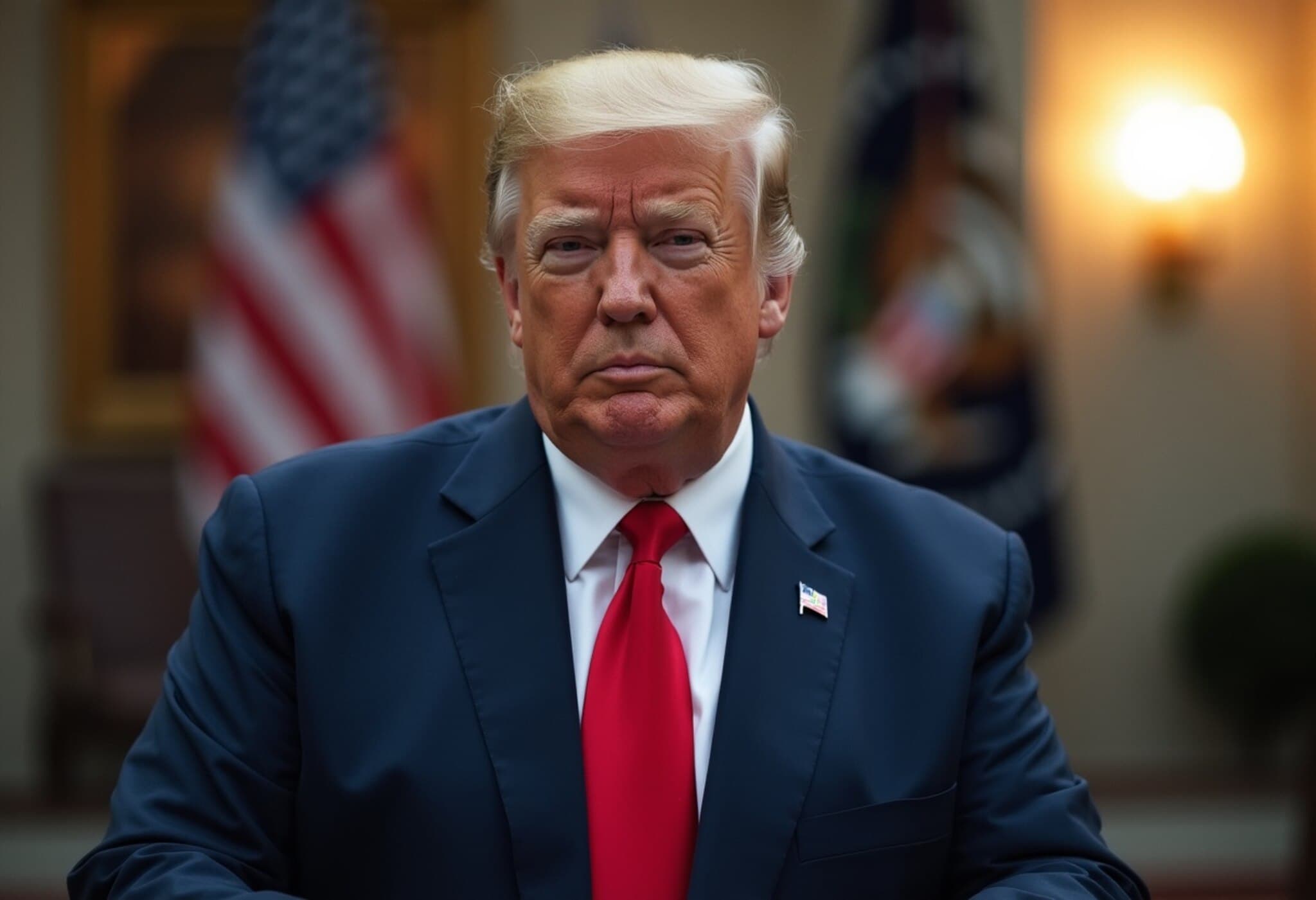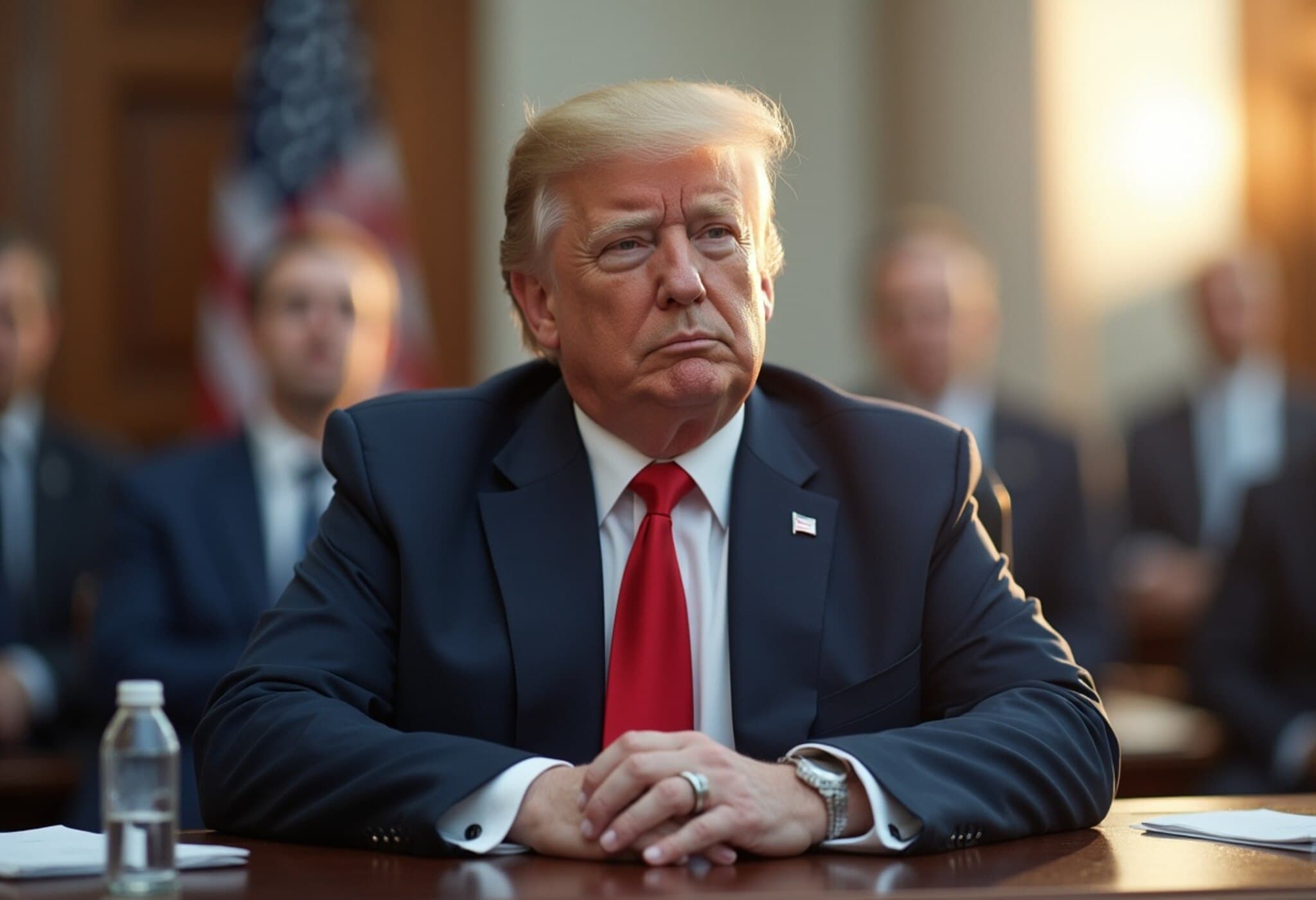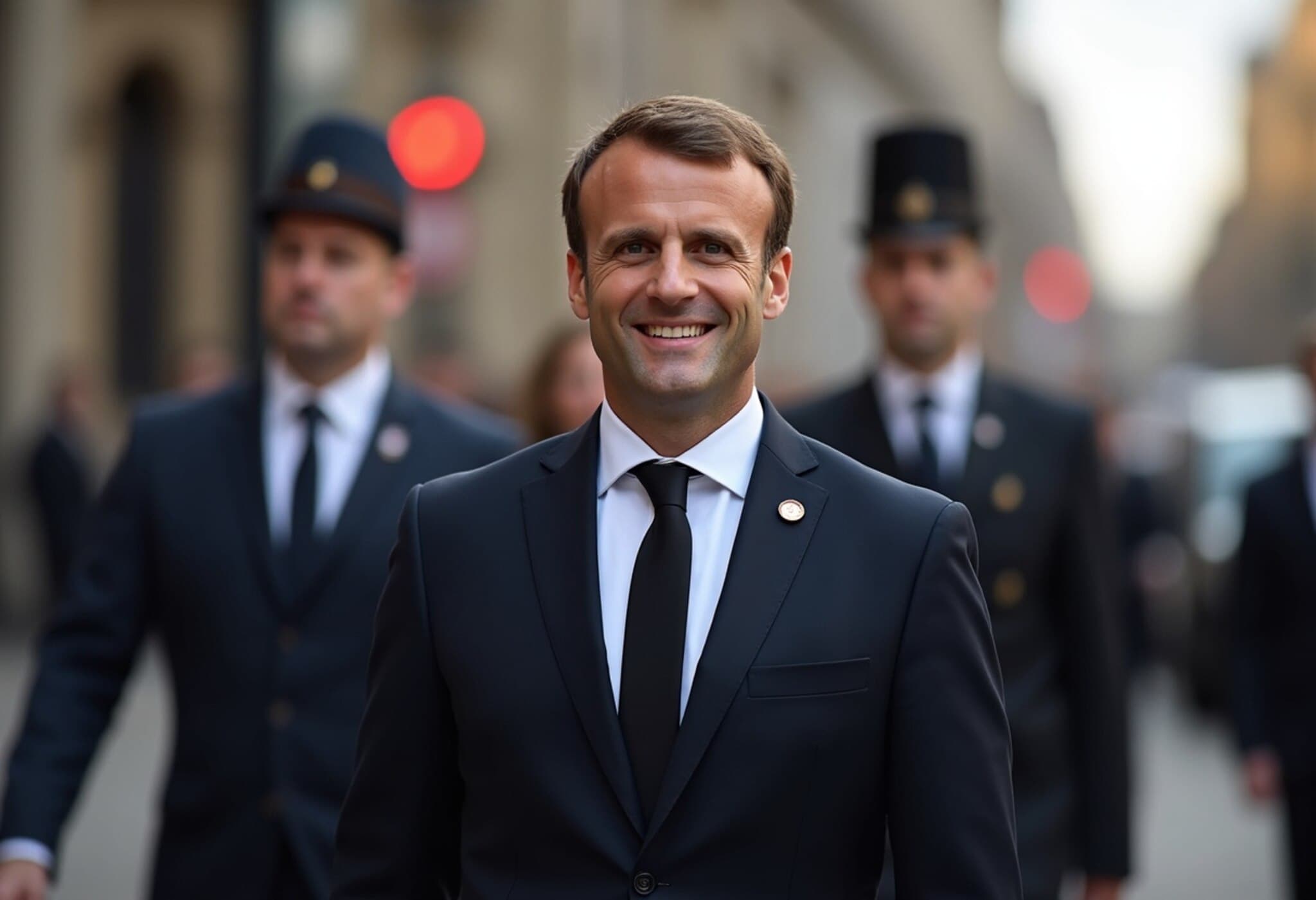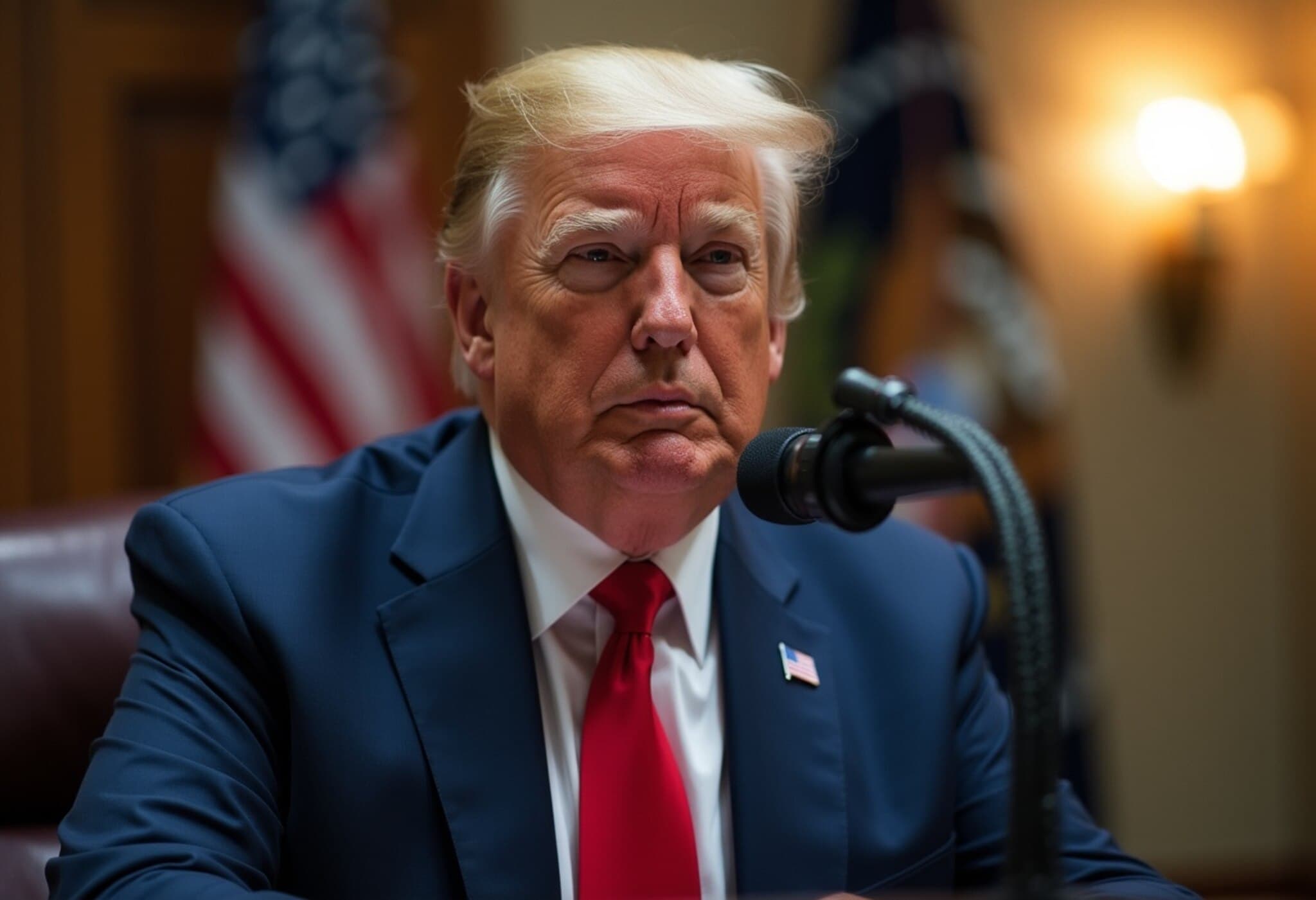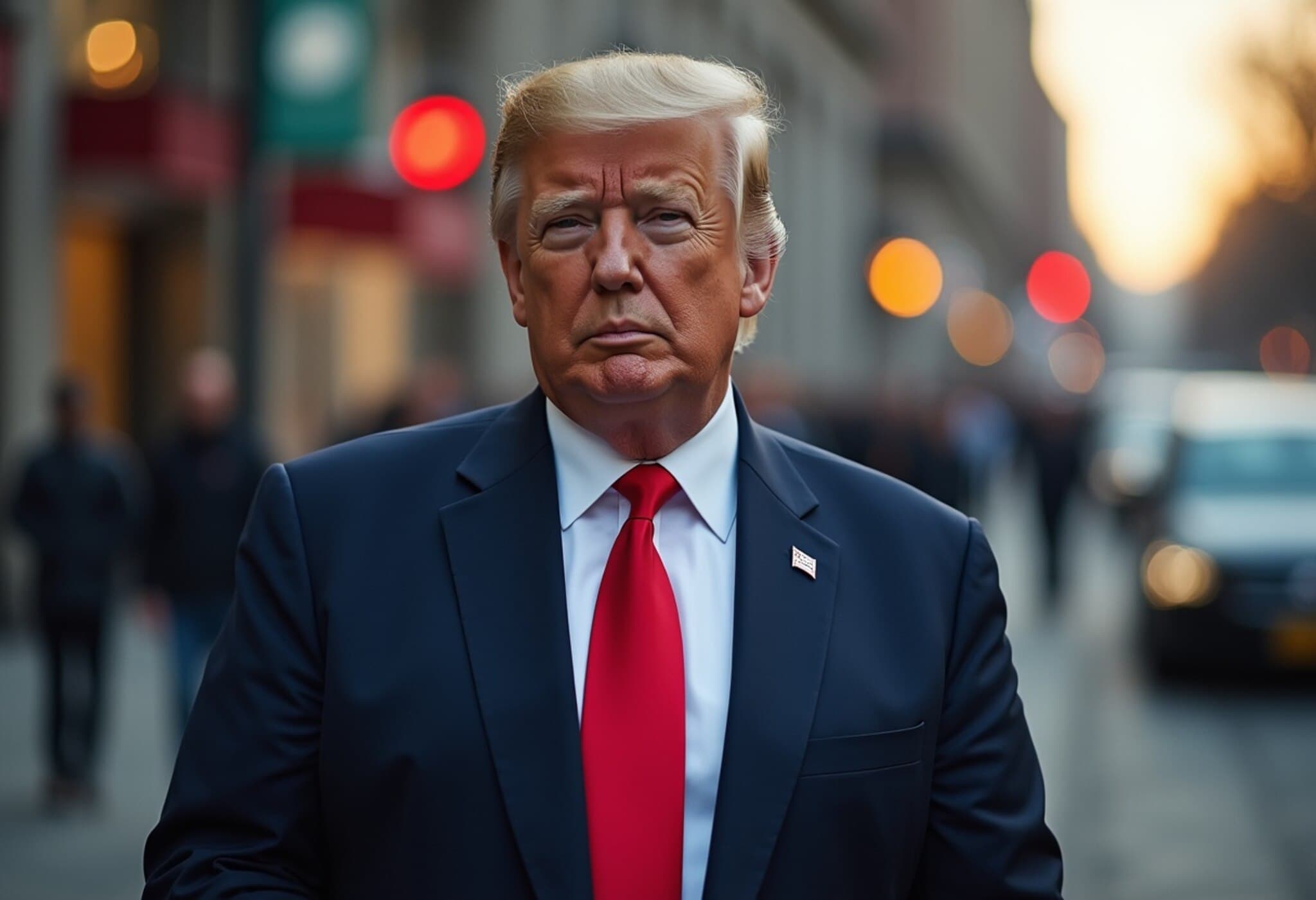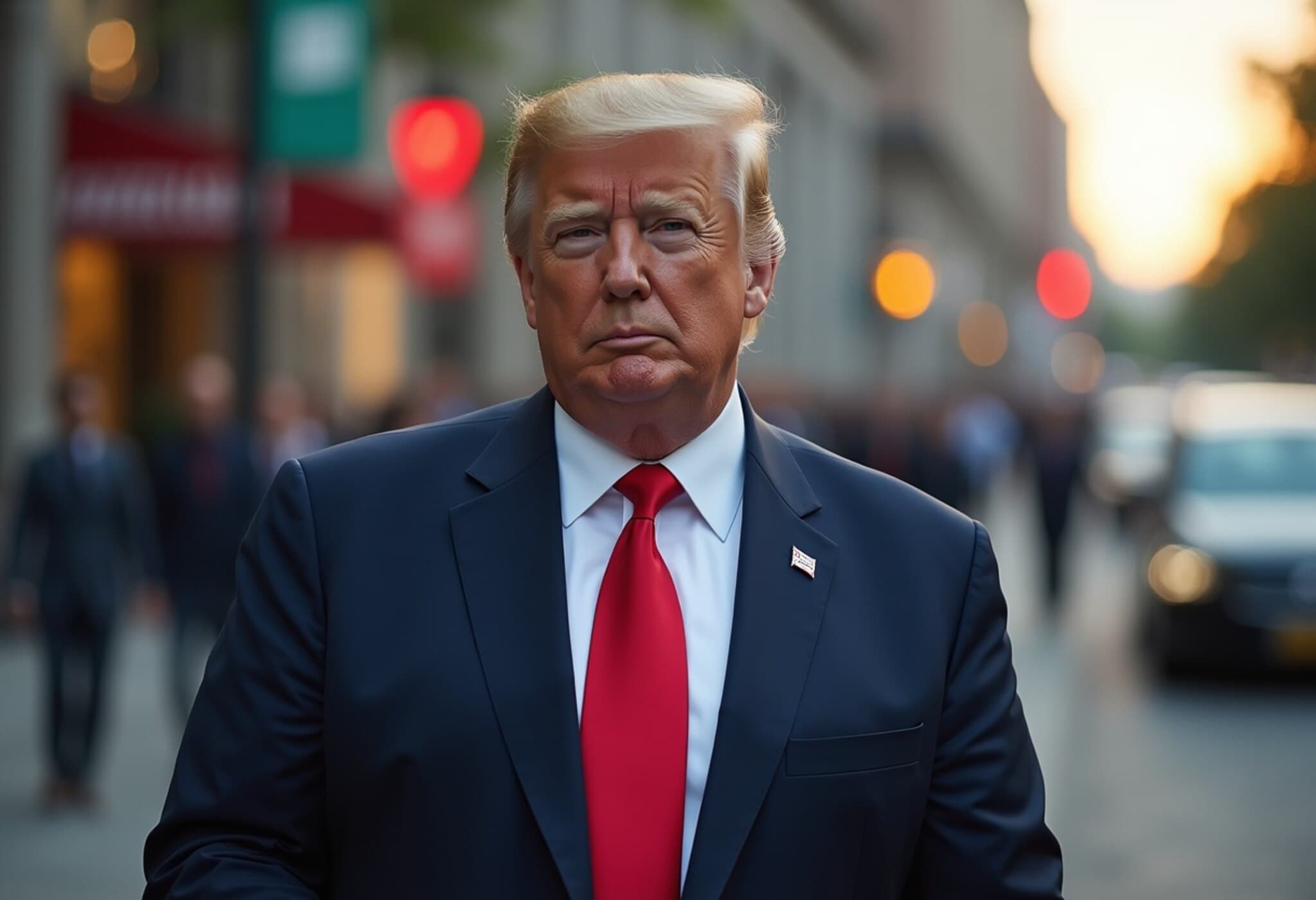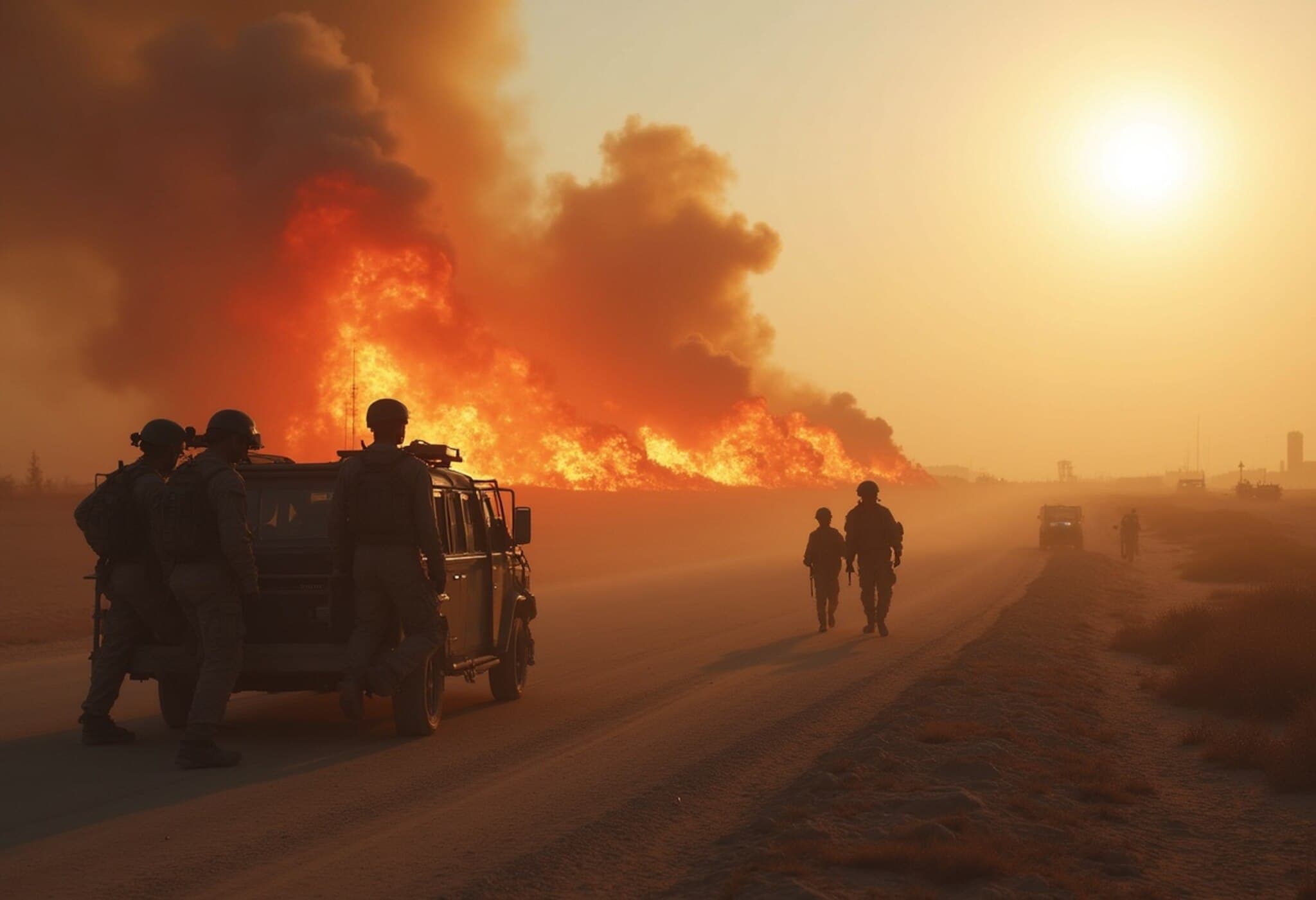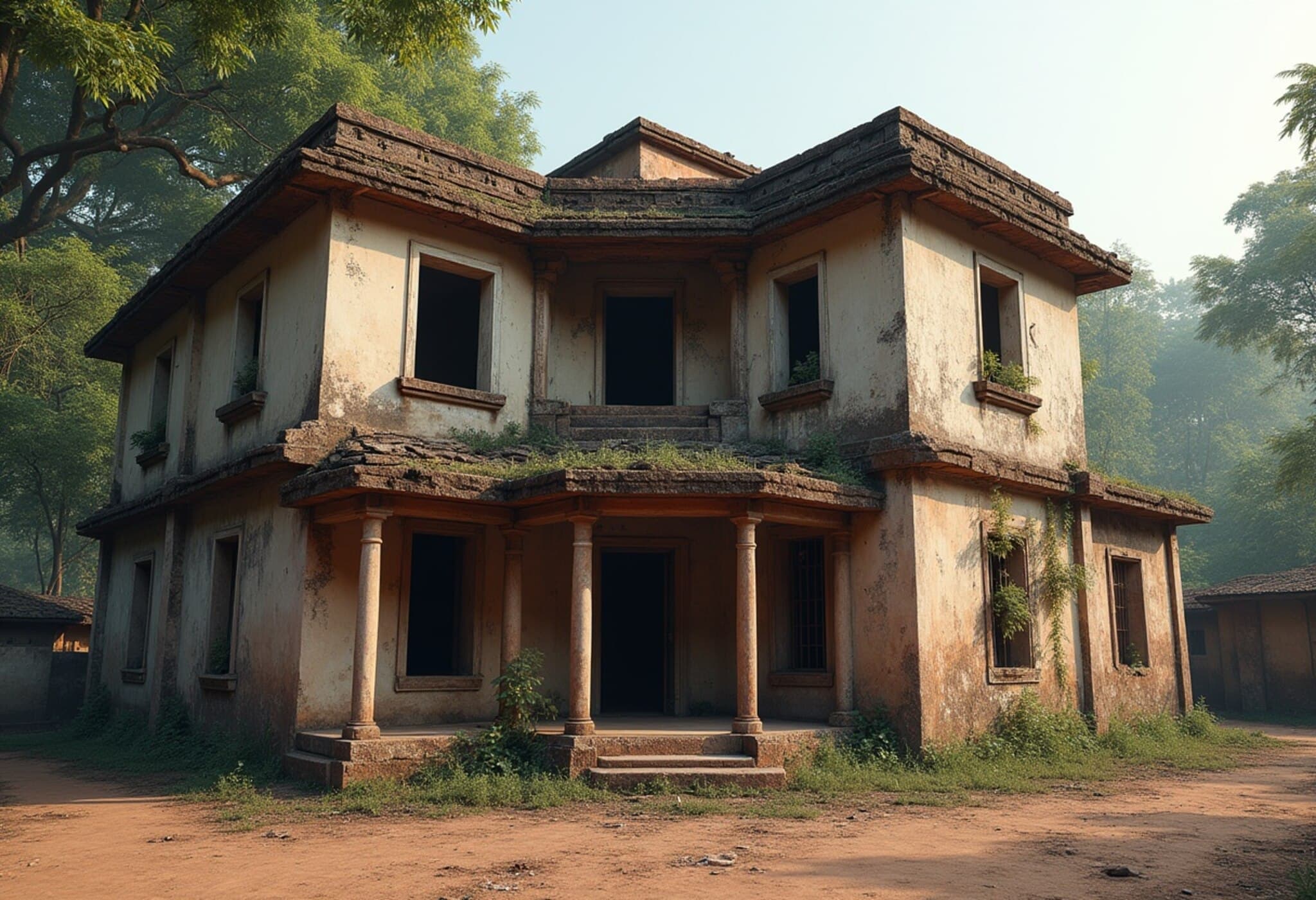How Trump’s Tariffs Shifted the Brazilian Election Landscape
Brazil’s upcoming 2026 presidential election was initially poised to mirror a familiar narrative: a long-serving President Luiz Inácio Lula da Silva facing declining approval, while former President Jair Bolsonaro, a defiant populist alleging electoral fraud, gained ground. However, recent tariff threats from former U.S. President Donald Trump have dramatically reshaped the contest.
The Unexpected Boost for Lula
Trump’s announcement of a potential 50% tariff on Brazilian exports — aimed at protecting Bolsonaro from looming legal challenges — has unexpectedly galvanized support for Lula. By positioning himself as a steadfast defender of Brazil's sovereignty against external economic pressure, Lula has been able to recast his campaign narrative. This display of national defiance has resonated deeply with Brazilians, elevating Lula’s popularity at a critical moment.
Polls now indicate that Lula’s approval ratings have climbed to between 43% and 50%, marking a rise of 3 to 5 points since May. Political analysts see this as a ‘stroke of luck’ for the veteran leader, potentially reviving his bid for a historic fourth term just ahead of his 80th birthday.
Understanding the Political Underpinnings
This surge exemplifies a global reaction seen in countries like Canada and Australia, where leaders opposing former President Trump have found renewed popular support amid tensions. In Brazil’s case, economic challenges, inflation, and domestic political friction had eroded Lula’s standing earlier this year, with many voters expressing fatigue and desire for change.
- Brazilian food prices rise amid inflationary pressures
- Lula’s administration struggles with a Congress dominated by opposition parties
- Growing public skepticism about Lula’s long tenure
Yet the tariff threat reframed the political discourse, highlighting external interference rather than internal policy shortcomings.
Lula’s Firm Response to Tariff Threats
In response, Lula underscored Brazil’s sovereignty and the independence of its institutions, resisting attempts to link judicial processes against Bolsonaro to economic debates. His message was clear: Brazil would not succumb to "any form of tutelage." This defiance has earned him praise from domestic media and bolstered his supporters' confidence.
The tariffs are scheduled to come into effect on August 1, coinciding closely with Bolsonaro’s anticipated trial for alleged conspiracy to overturn the 2022 election results — charges that include plans to dismantle democratic institutions and even target Lula himself with assassination plots.
The Bolsonaro Factor: Legal Battles and Political Survival
Bolsonaro, barred from holding office until 2030 due to spreading election fraud claims, continues to assert his political ambitions. His camp has lobbied Congress for an amnesty bill to protect himself and allies from prosecution — a move Lula has indicated he would veto.
Bolsonaro’s political strategy seems tied closely to Trump’s support, framing the tariff threat as a lever in negotiations to secure immunity. However, the economic ramifications of a trade conflict with the United States — Brazil's second-largest trading partner, with a $7.4 billion US surplus last year — could deepen inflation and disrupt markets for essential goods like food and medicine.
Economic Stakes and Voter Sentiment
Historically, Brazilians hold their leaders accountable during economic downturns, but Lula may deflect blame by casting Bolsonaro and, notably, his son Eduardo Bolsonaro as responsible for provoking the tariffs through foreign influence.
Political observers suggest Bolsonaro’s core supporters remain steadfast, but swing voters might reconsider due to this shifting geopolitical context, potentially altering the election dynamics.
Lula’s Legacy and Challenges Ahead
Lula’s political journey—from acclaimed leader during Brazil’s commodity boom to a figure mired in corruption allegations (later overturned)—reflects the complexity of his comeback. While revered by many for his efforts to reduce poverty, his current administration faces multifaceted crises.
- Political gridlock within Congress constrains policy progress
- Public frustration over rising costs and social weaknesses
- Increasing calls for generational leadership change
Yet, through the lens of rising nationalism and resistance to external meddling, Lula’s message gains renewed urgency and appeal.
What This Means for Brazil and Beyond
As Latin America’s largest economy holds its breath, the interplay of domestic politics and international pressure offers a rich case study of sovereignty, populism, and the enduring impact of U.S. foreign policy gestures.
For the U.S., leveraging tariffs to sway political outcomes abroad poses questions about the limits and consequences of economic coercion.
Editor’s Note
The unfolding Brazil-U.S. tariff standoff is more than a trade dispute—it casts light on the fragility of democratic institutions under populist strains and foreign interference. Lula’s resurgence, propelled by nationalist sentiment, challenges the narrative that economic woes alone dictate voter behavior. As the election approaches, Americans and international observers alike should monitor how global geopolitical maneuvers can reshape domestic political landscapes, often in unexpected ways.

